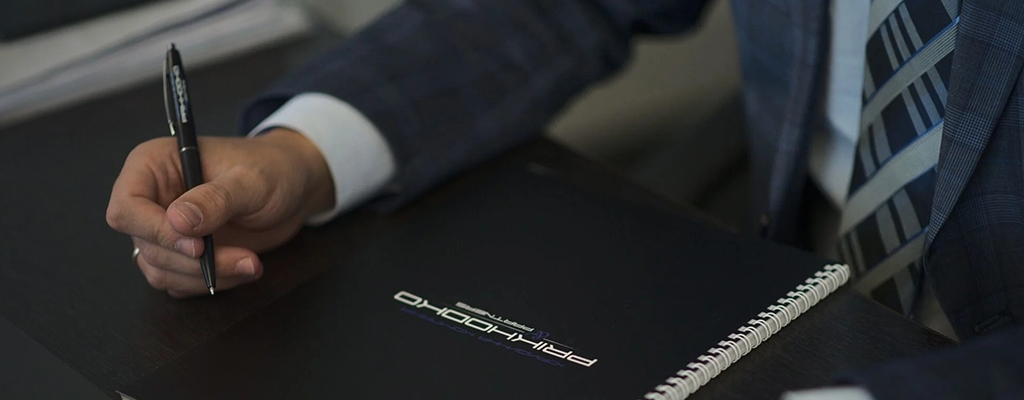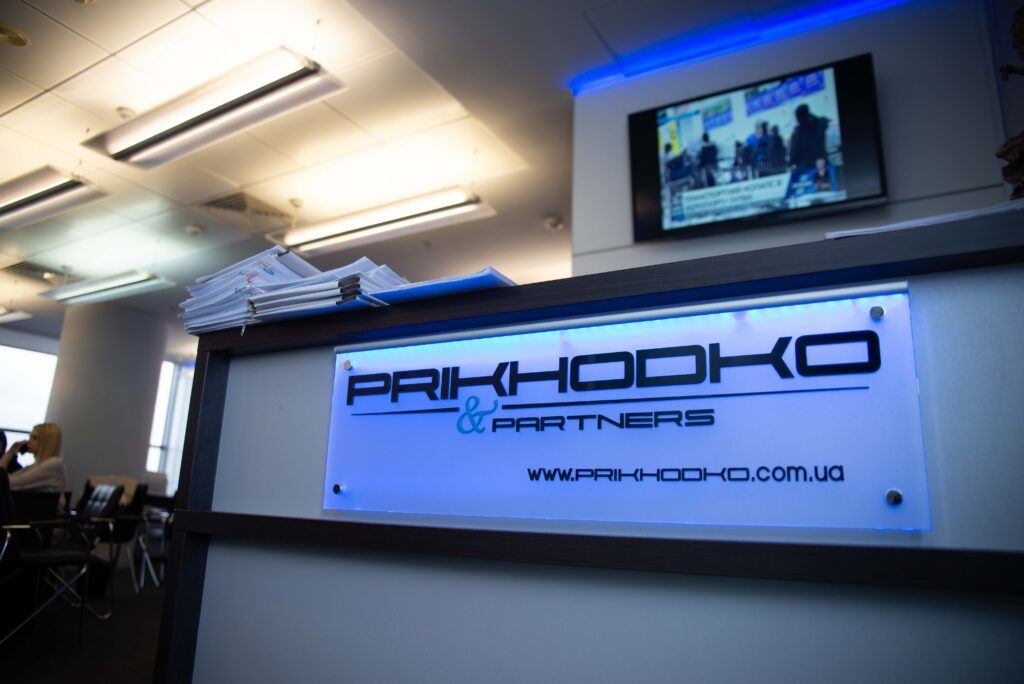
"We will protect the integrity of your honor, dignity, business reputation and intellectual property."
Head of Commercial and Civil Law Practice
He specializes in protecting the business reputation of legal entities, honor and dignity of individuals, protecting intellectual property, disputes with insurance companies, legal support for the activities of public organizations.
Debt collection from a legal entity or individual entrepreneurship (feo)
Debt collection from a legal entity or an individual entrepreneur (FOP) is a complex of various actions taken to collect debt from an enterprise for goods, services or work that were provided but not paid on time. This may also include the collection of advance payments or prepayments for default. In this article, we will consider the mechanisms for collecting such debts and what to do if a legal entity does not repay your debt for a long time.
In general, various activities are carried out to collect debt from an enterprise or individual entrepreneur, which can be divided into three stages:
- The first stage is the collection and analysis of information about the debtor and his financial condition;
- The second is the preparation and signing of the documents necessary for the execution of the recovery, and their submission to the court;
- The third is to ensure the implementation of the court decision and the receipt of debt payment from the debtor through the use of coercive measures.
In general, these stages are aimed at restoring the creditor’s rights and obtaining the necessary financial resources.
Now let’s take a closer look at each type of debt collection from a debtor of a legal entity or individual entrepreneur.

Pre-trial debt collection (claim) is a process that includes sending written claims to the debtor demanding repayment of the debt. The conditions for resolving a dispute between the creditor and the debtor are usually determined in the contract, including the procedure and terms for providing responses to claims. If a lender refuses to pay late payment penalties, then a pretentious recovery can help reduce those penalties. In this case, the creditor may agree to a certain “unsubscribe” from fines, and in return receive the principal amount of the debt quickly and without additional effort.
Judicial debt collection is the next step after the claim collection, if the previous one was not so effective. In this case, the creditor files a lawsuit in court to recover the debt from the legal entity or individual entrepreneur. Judicial recovery is a more complex and lengthy process, and can take a significant amount of time – up to several months or years. The lender must pay the court fee and legal aid costs.

If the case is resolved in favor of the creditor, the court may impose penalties on the debtor, which allows increasing the amount of recovery. However, the amount of fines may exceed the principal debt. After a court decision is made, a legal entity or FLP has the opportunity to pay the debt in order to avoid the third stage of collection. This stage provides for obtaining, as a result of a court decision, enforcement proceedings that allow the creditor to force the debtor to pay the debt by seizing property or earnings. However, in some cases, a legal entity may pay the debt without enforcement proceedings after the resolution of the case in favor of the creditor.
After a court decision on debt collection is made and the creditor submits an application to the state executive service or a private executor, the forced collection of debt from a legal entity or individual entrepreneur is the last stage. This process is accompanied by the seizure of bank accounts and property of the company, as well as its inclusion in the Register of Debtors. Such consequences can seriously complicate the economic activity of the company or even lead to its bankruptcy. Therefore, they are the main reason why a legal entity usually pays its debts during enforcement.
Another way to collect a debt from a legal entity may be to initiate a criminal case against the managers or owners of the enterprise for the crime of fraud, which is provided for in Article 190 of the Criminal Code of Ukraine. This can be an effective means of debt collection, as it can lead to personal liability of the managers and owners of the enterprise for their actions that gave rise to the debt.
If you need assistance in settling the issue of debt collection from a legal entity or FLP, please contact our firm. We are ready to provide qualified advice and support in this difficult situation. We also guarantee an individual approach to each client and the confidentiality of all data provided to us. Don’t hesitate and ask for help!
Calculate the cost of services
1 question
Have other lawyers handled your case?
2 question
The amount of debt exceeds UAH 100,000?
3 question
Are there documents confirming the existence of debt?
4 question
Are you in Kyiv or Kyiv region?

He specializes in protecting the business reputation of legal entities, honor and dignity of individuals, protecting intellectual property, disputes with insurance companies, legal support for the activities of public organizations.
TOP lawyers dealing with such cases in Ukraine
How to order the service? How do we work?
If you need to appeal a fine under the Code of Criminal Procedure, you need the protection of a lawyer due to humiliation of honor, dignity and business reputation, or you need to sue your neighbor after the apartment was flooded – leave a request on the website or call the indicated phone numbers, and we will solve any of your questions .
- Application
- Calling a lawyer
and defining tasks - Contract and payment
- Consultation,
case analysis, specialist work
What is the price for a lawyer's consultation and assistance?
Price for services in the "Lawyer services" category:
| The name of the service | Price, UAH | Terms |
|---|---|---|
| CAR ATTORNEY FROM ST. 130 of the CODE OF UKRAINE ON ADMINISTRATIVE OFFENSES | from 16000 UAH | from 2 month |
| Appeal of the court decision under Art. 130 of the Code of Ukraine on Administrative Offenses | from 20000 UAH | from 2 month |
| Return of driver’s license after Article 130 of the Code of Ukraine on Administrative Offenses | from 4000 UAH | 1 day |
| Lawyer under Article 124 of the KUpAP | from 10000 UAH | from 2 month |
| Compensation for damage caused by a road accident | from 20000 UAH | from 2 month |
| Payment of insurance compensation in the event of a road accident | from 12000 UAH | from 4 month |
| Recovery of funds from the culprit of the road accident | from 12000 UAH | about 6 month |
| Return of driver’s license after an accident | from 12000 UAH | from 4 month |
| Protection of honor and dignity and business reputation | from 15000 UAH | 2 month |
| Cancellation of the fine under Article 164 Code of Ukraine on Administrative Offenses | from 16000 UAH | 3 month |
![]() from 1500 UAH - to 20000 UAH The price is valid for July 2024
from 1500 UAH - to 20000 UAH The price is valid for July 2024
Articles on the topic:
call back
during the day








